La Importancia de las Hierbas en los Rituales de Ifá
Ifa rituals, a prominent aspect of the Yoruba religion, are deeply rooted in traditions that have been passed down through generations. Central to these rituals is the use of herbs, each with its unique significance and purpose. This blog will delve into the fascinating world of herbs in Ifa rituals, exploring their roles, meanings, and how they contribute to spiritual practices.
An Overview of Ifa Rituals
Ifa rituals are an integral part of the Yoruba religion, a vibrant and profound spiritual system. These rituals are performed to communicate with Orunmila, the deity of wisdom and divination, and other spirits. They are used for guidance, healing, and maintaining balance in life. At the heart of these rituals is the profound use of herbs.
Historical Importance of Herbs in Ifa Rituals
Herbs have been used in Ifa rituals for centuries, serving as vital components in various ceremonies. Their historical importance is linked to the belief that they hold spiritual, medicinal, and magical properties. Through the ages, specific knowledge about herbs has been preserved and passed down, ensuring the continuity of their significance in modern-day practices.
Religious and cultural continuity has played a significant role in ensuring the preservation of herbal knowledge. The Yoruba people, renowned for their meticulous documentation and oral traditions, have safeguarded the wisdom of their ancestors. This commitment has ensured that modern practitioners of Ifa rituals have access to the same potent herbs and medicinal plants that their forebears utilized.
One interesting aspect of Ifa rituals is how they intertwine the spiritual and the natural world. For instance, herbs such as ‘Ewe Ifa’ are used not merely for their evident medicinal properties but also for their ability to connect practitioners with deeper spiritual realms. This dual purpose underscores the profound respect and reverence that the Yoruba hold for these plants, viewing them as bridges between different dimensions.
Common Herbs Used in Ifa Rituals
Several herbs are frequently employed in Ifa rituals, each serving different purposes. For instance, ‘Ewe Ifa’ is often used in divination, while ‘Osun’ (Camwood) is utilized for purification. These herbs are selected based on their spiritual properties and the desired outcome of the ritual.
In addition to ‘Ewe Ifa’ and ‘Osun’, other notable herbs include ‘Verbena Cimarrona’, used for protection, and ‘Caisimon’, a plant revered for its healing properties. The careful selection of these herbs is typically guided by the specific needs of the ritual and the insights provided by the Ifa priest or herbalist.
Understanding the diversity of herbs in Ifa rituals can provide a deeper appreciation for the ritualistic practices of the Yoruba people. For instance, the 7 Hierbas de Yemaya blend, containing plants like Verbena Cimarrona and Caisimon, is used to invoke the divine grace of Yemaya, the goddess of the ocean. These herbs are specially chosen to align with Yemaya’s spiritual energy and purpose.
The Spiritual and Medicinal Uses of Herbs
In Ifa rituals, herbs are believed to possess both spiritual and medicinal qualities. Prayers and chants often accompany the use of herbs, invoking their spiritual essence. Medicinally, they are used to treat various ailments, reflecting the harmonious blend of spiritual and physical healing within Ifa practices.
The holistic approach of Yoruba traditional medicine underscores the significance of herbs. For example, ‘Hierba Buena’, commonly used for digestive issues, also plays a crucial role in spiritual cleansing ceremonies. This dual purpose highlights the interconnectedness of the physical and spiritual realms in Yoruba healing practices.
Moreover, the ritualistic use of herbs in Ifa is not just confined to individual healing. Communities often engage in collective ceremonies using specific herbs to foster communal well-being and harmony. This communal aspect emphasizes the importance of herbs in maintaining both personal and societal balance, illustrating their multifaceted role in Ifa rituals.
How Herbs are Prepared and Used in Rituals
The preparation and use of herbs in Ifa rituals are replete with symbolism and meticulousness. Herbs are often ground into powders, mixed with other natural elements, and used in offerings, baths, or as part of incantations. The meticulous preparation underscores the respect for the herb’s inherent power and the intention behind the ritual.
Each step in the preparation process is significant, from selecting the freshest herbs to mixing them in precise quantities. This methodical approach ensures that the spiritual potency of each herb is maximized, enhancing the effectiveness of the ritual. For instance, ‘Camwood’ is often used in spiritual baths to cleanse negative energies and impurities.
The careful preparation of herbs can also involve chants and prayers that align with their intended use. This ceremonial approach infuses the herbs with additional spiritual energy, making them more potent for achieving the desired outcomes, whether it be healing, protection, or guidance.
Moreover, the herbs used in Ifa rituals are often combined with other sacred elements such as water, shells, and stones. These combinations create powerful synergies that enhance the overall spiritual impact of the ritual, making the herbs more effective in their intended purposes.
The Role of Herbalists and Priests in Ifa
Herbal knowledge in Ifa is predominantly in the hands of herbalists and priests. These practitioners are well-versed in identifying, preparing, and using herbs for various rituals. They play a crucial role in ensuring the correct application and preserving the sacred knowledge within the community.
Priests and herbalists undergo rigorous training, often apprenticing under seasoned practitioners to acquire their extensive knowledge. This training includes learning the spiritual significance of different herbs, their medicinal properties, and the specific rituals in which they are used. This knowledge is passed down through generations, ensuring its preservation and relevance.
The collaborative efforts of herbalists and priests are vital in conducting successful Ifa rituals. Their combined expertise ensures that each herb is used correctly, enhancing the ritual’s spiritual and medicinal impact. This collaboration highlights the importance of community in the preservation and practice of Ifa traditions.
Embracing the Ancient Wisdom of Herbs in Ifa Rituals
Herbs play a pivotal role in Ifa rituals, bridging the physical and spiritual realms. Each herb carries its unique energy and significance, contributing to the richness and depth of the Yoruba religious practices. Understanding their uses and meanings enhances our appreciation of these ancient traditions, enriching our knowledge of cultural spirituality. While the rituals may be complex, the role of herbs is a testament to the intricate connection between nature and spirituality in the Ifa tradition.





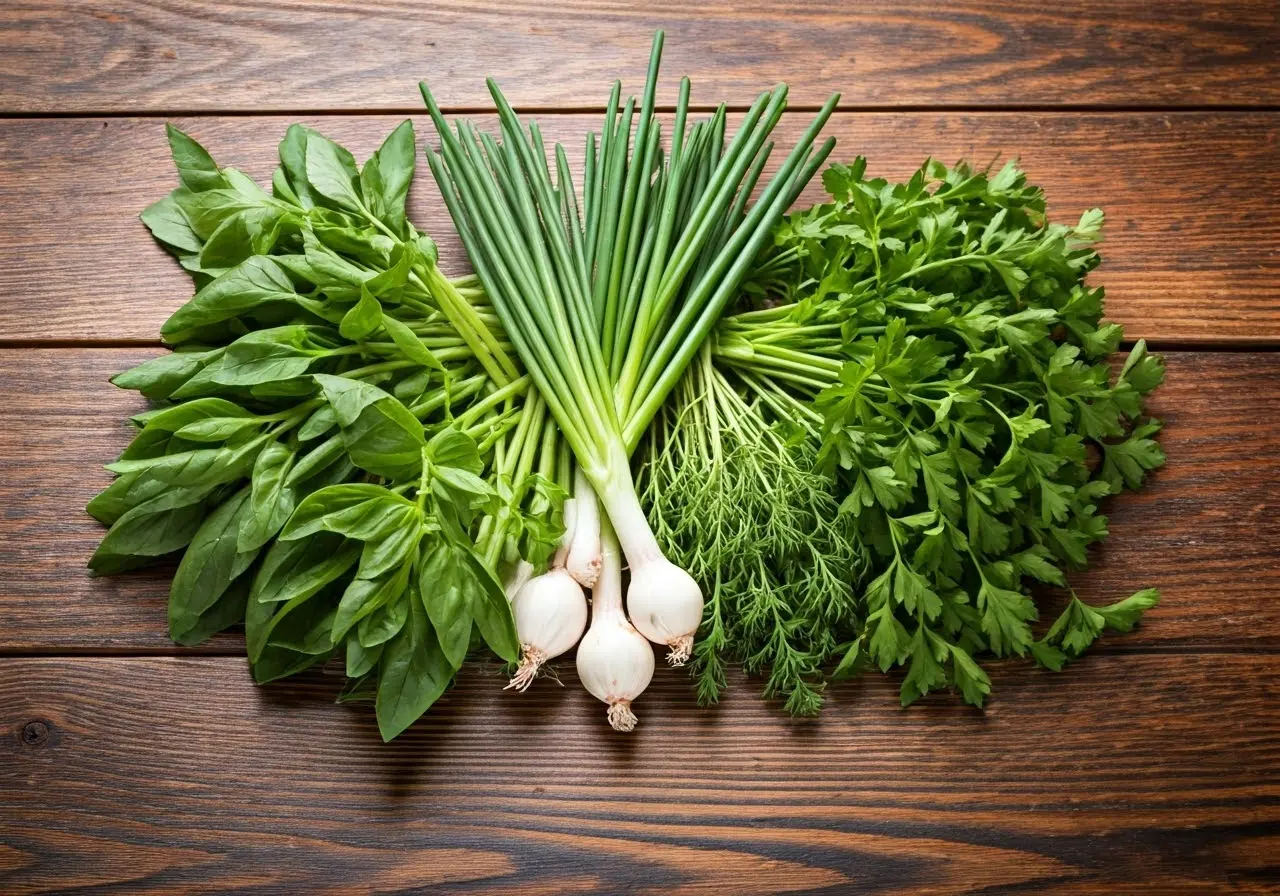



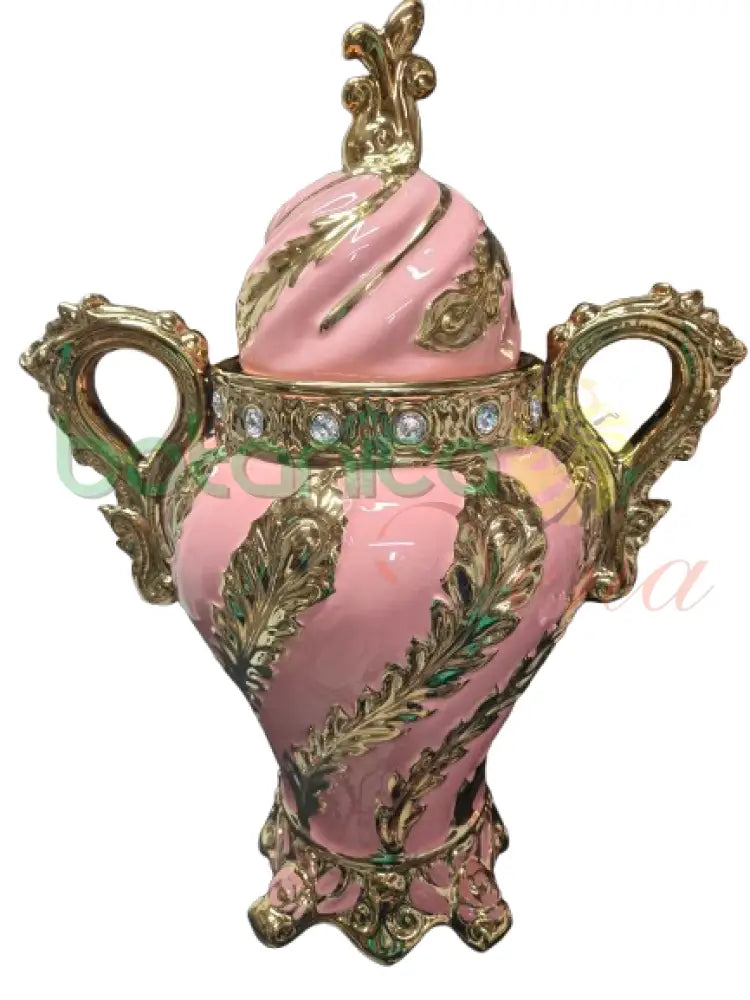

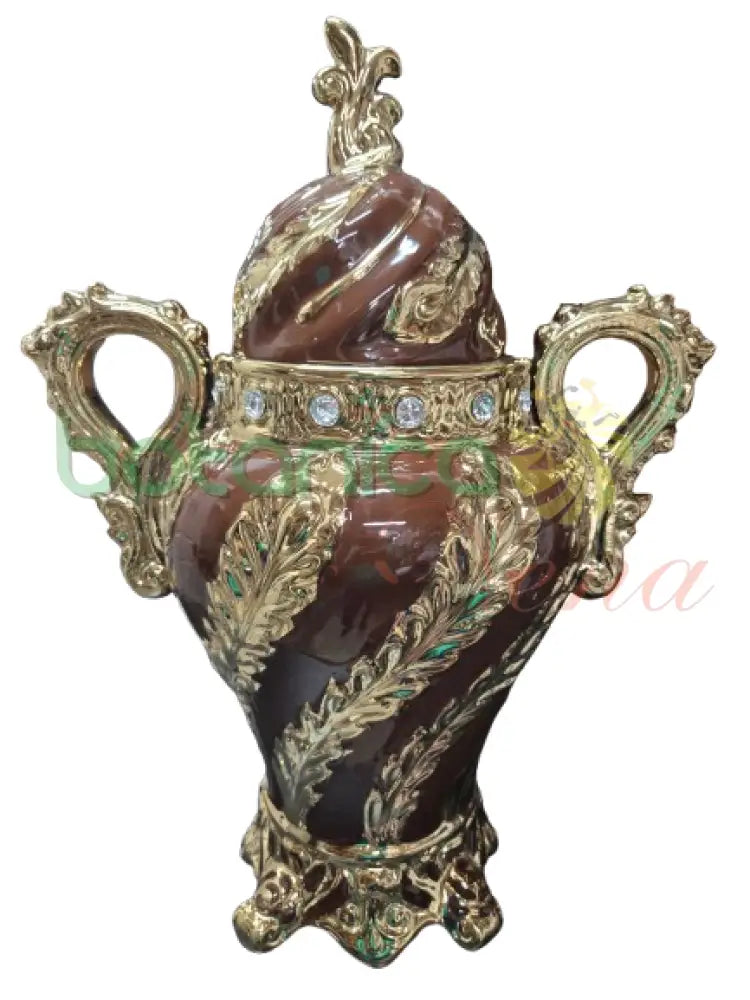

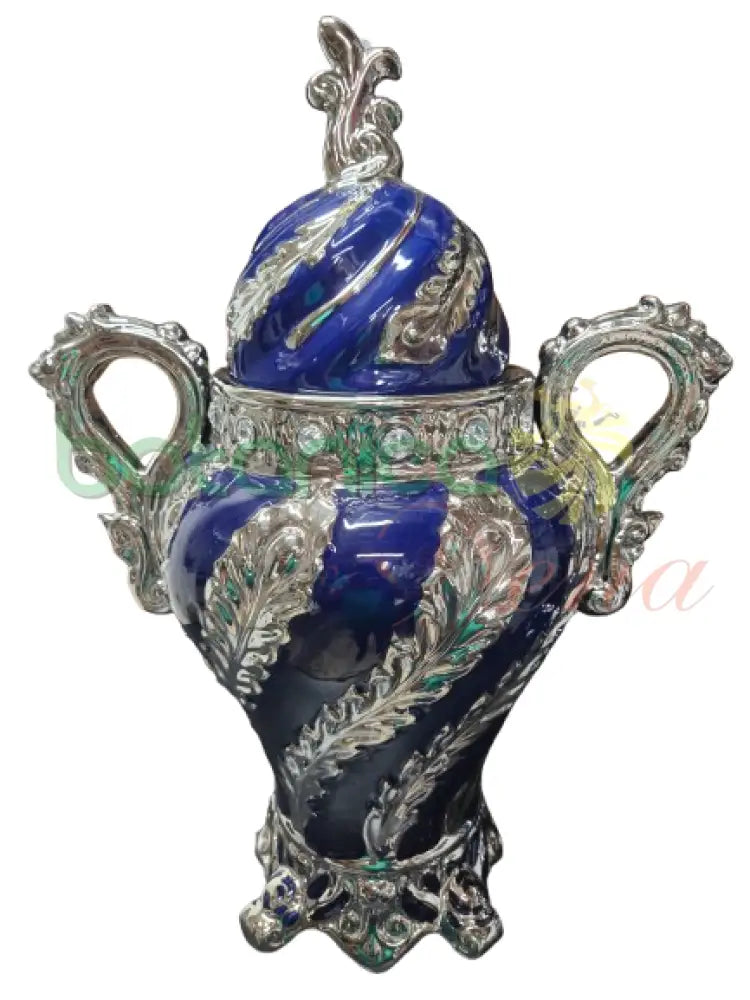
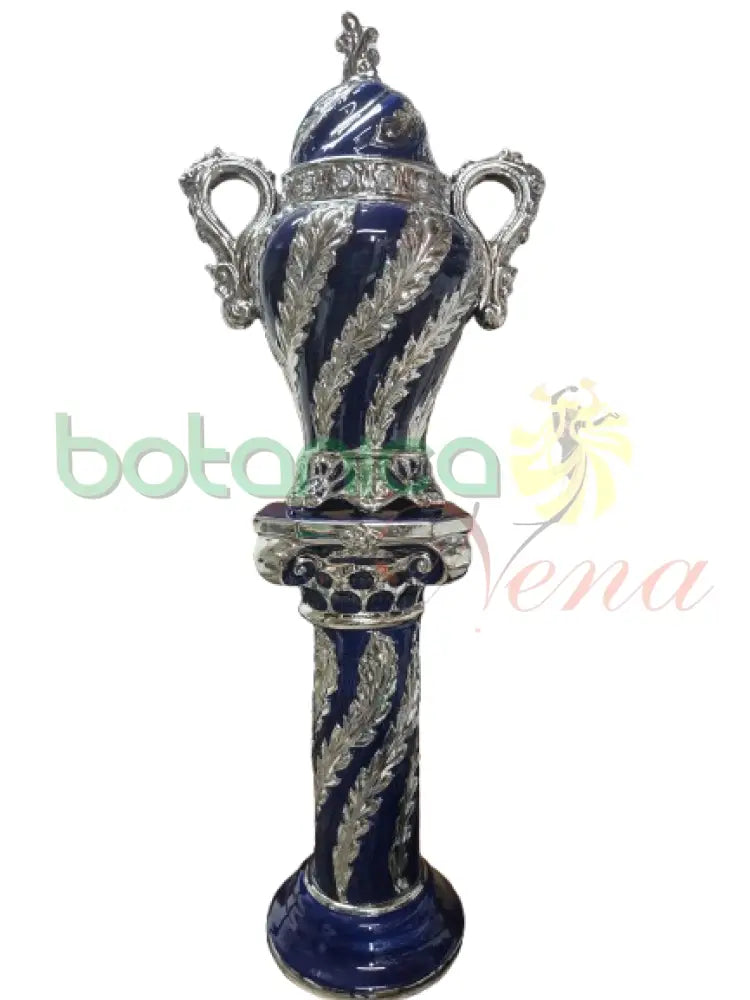


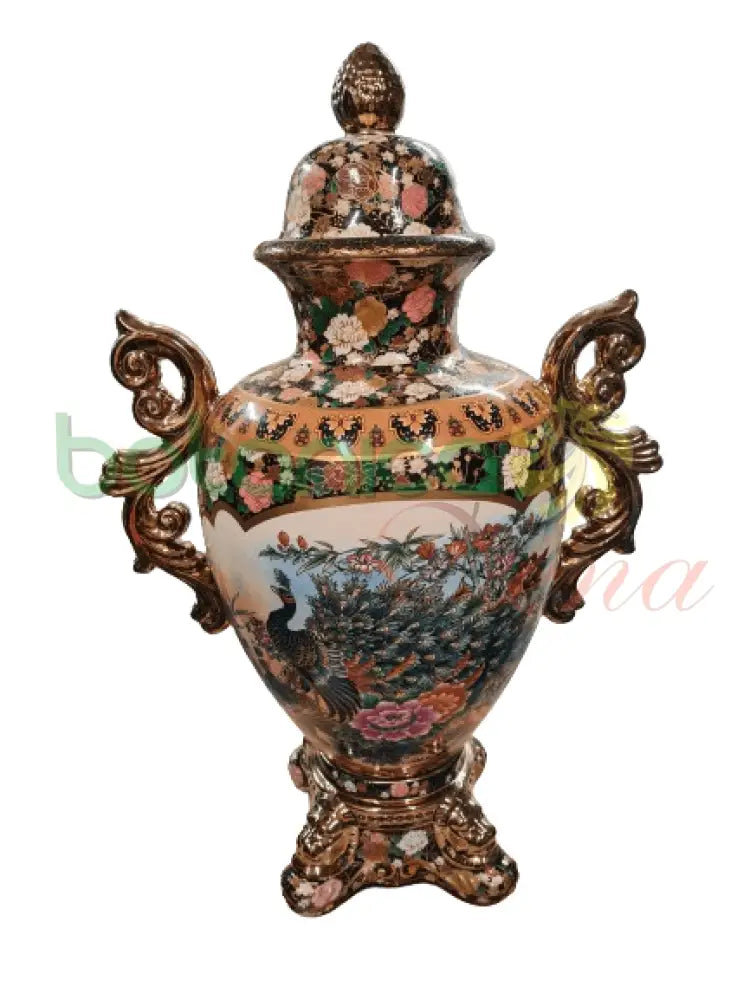
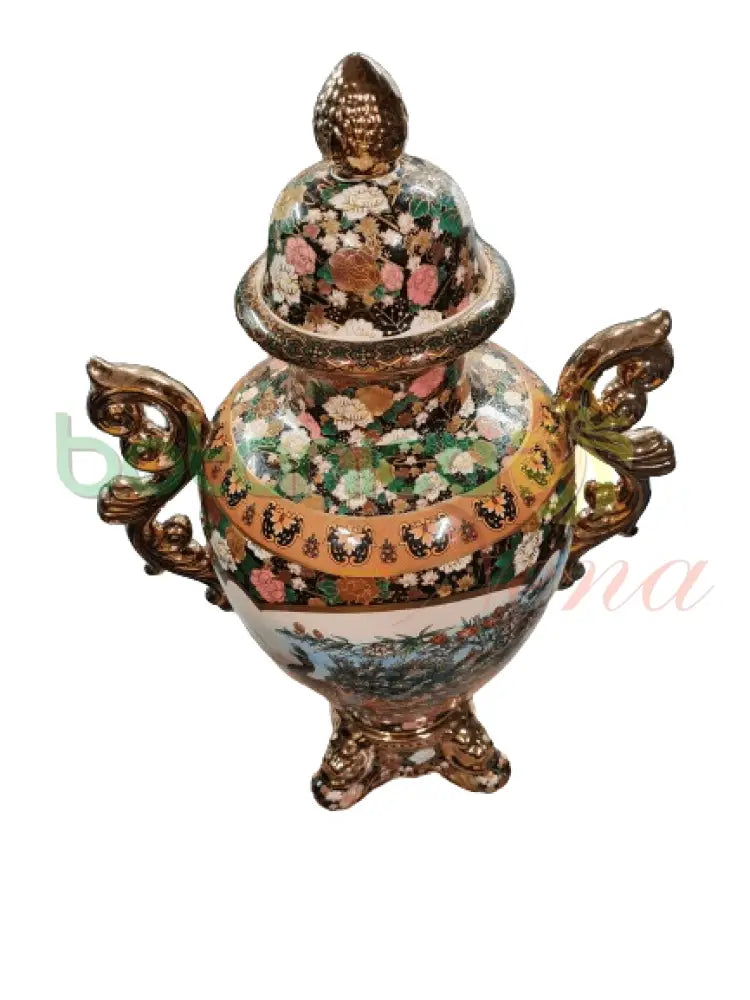

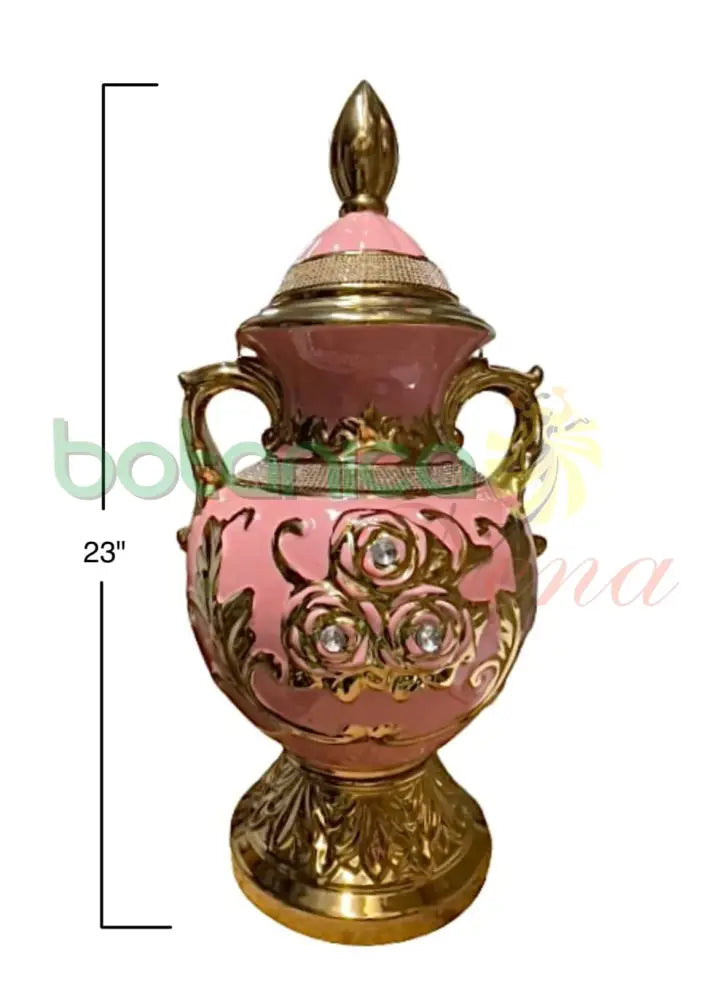
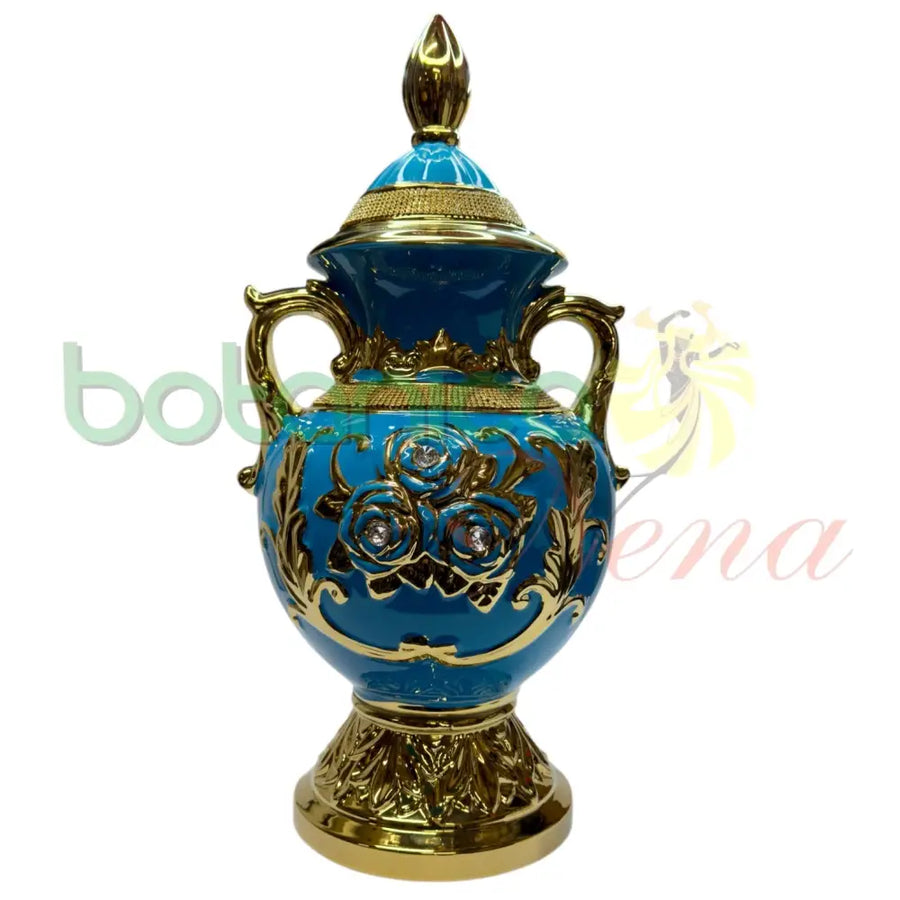

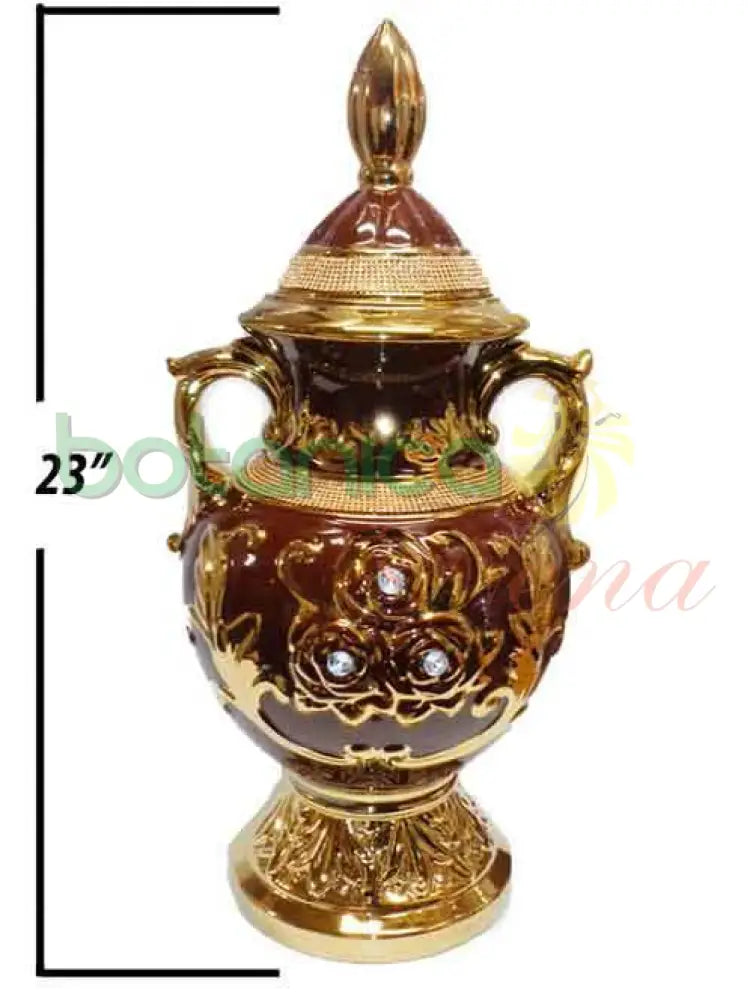
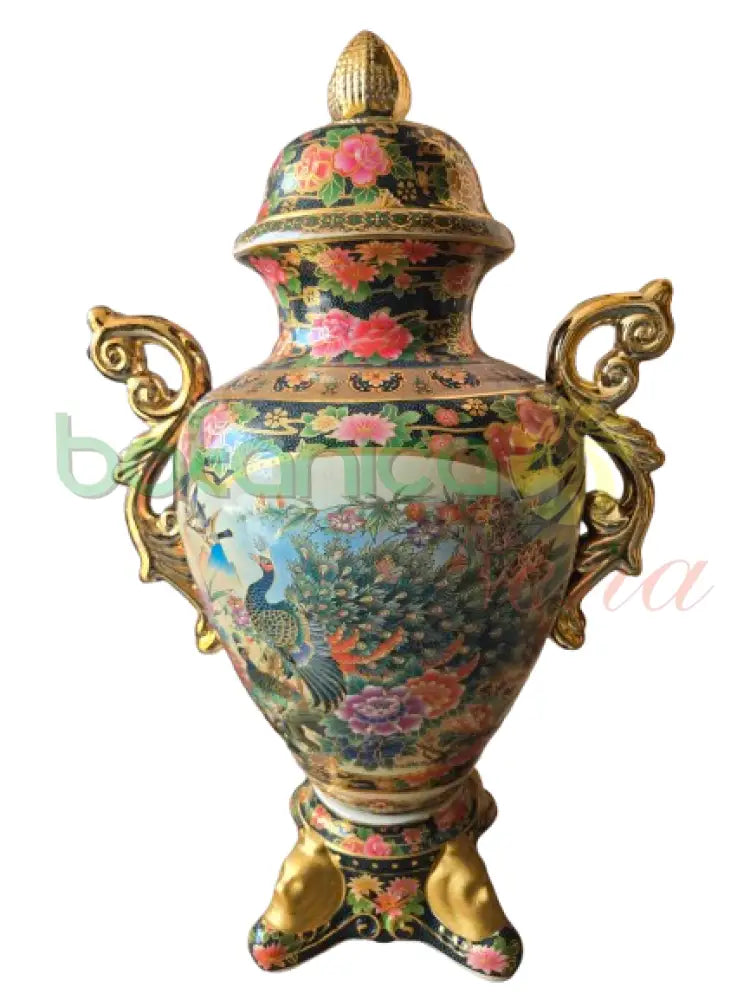
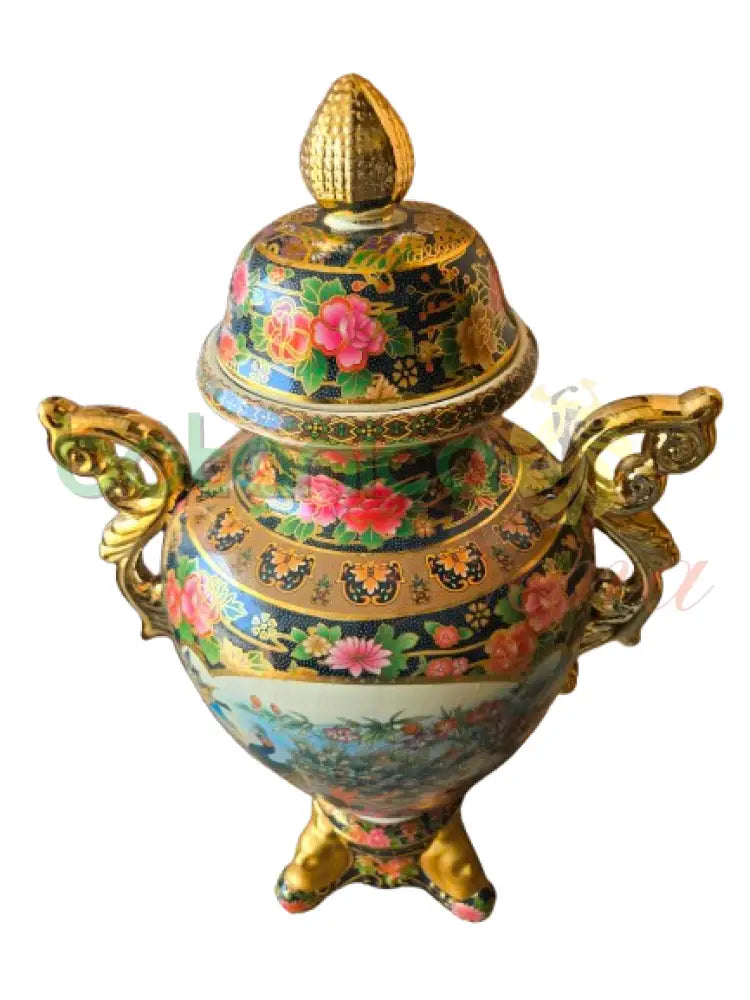
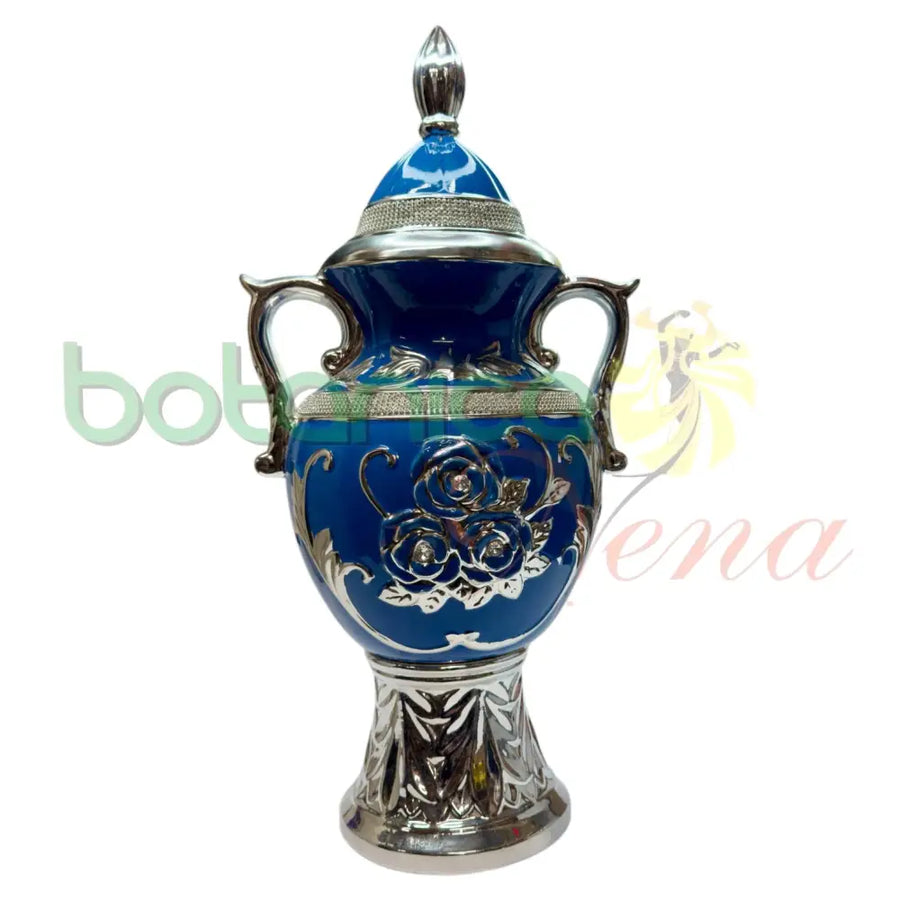
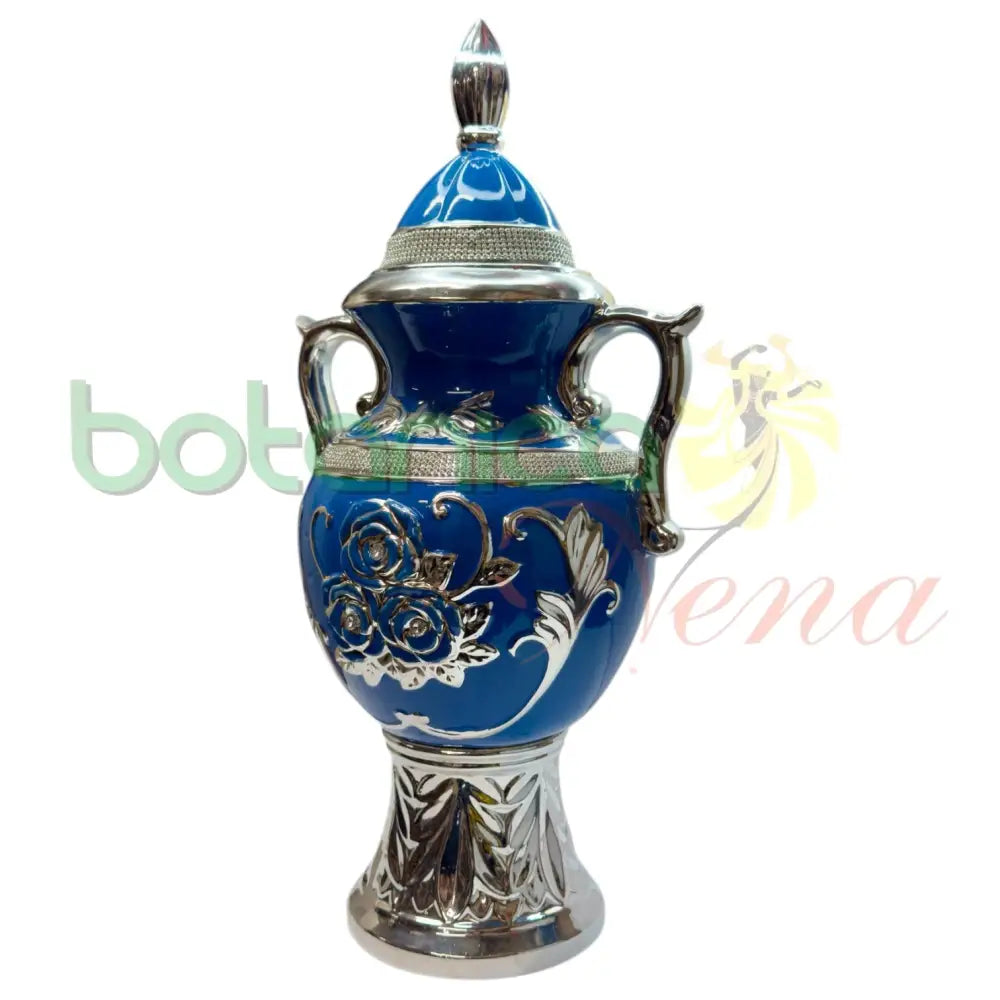
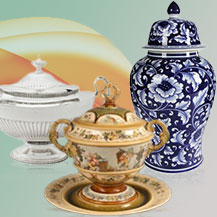

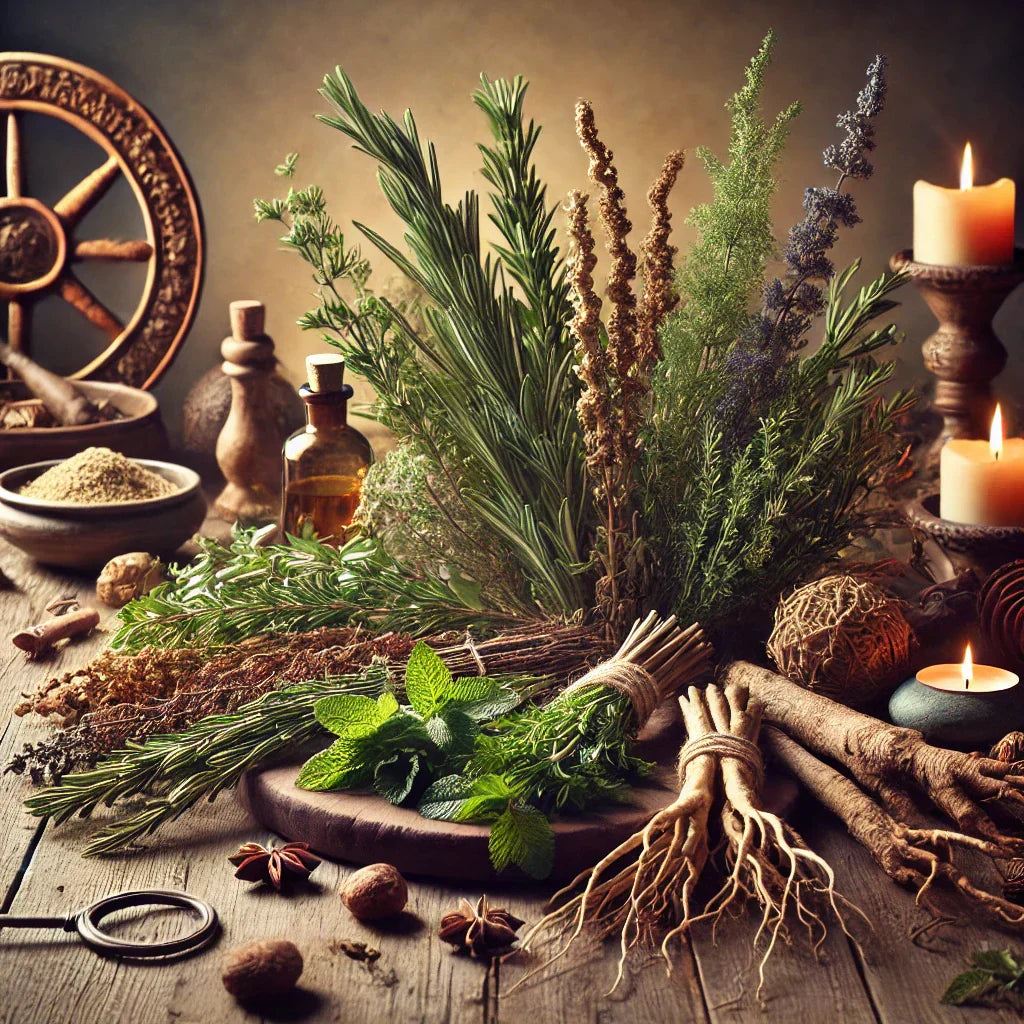

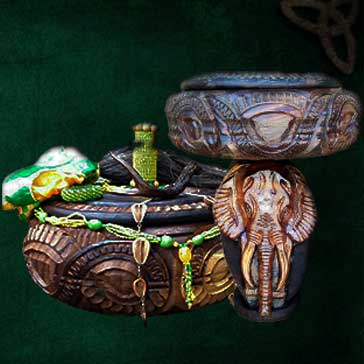

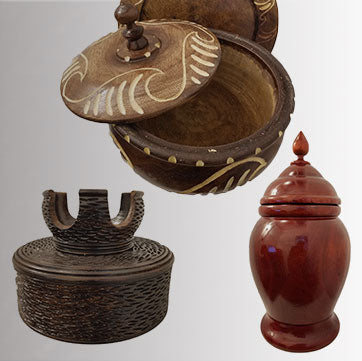
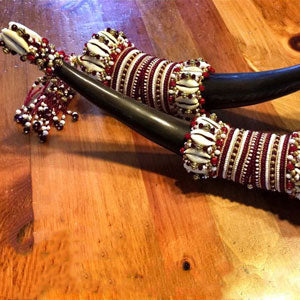



Dejar un comentario